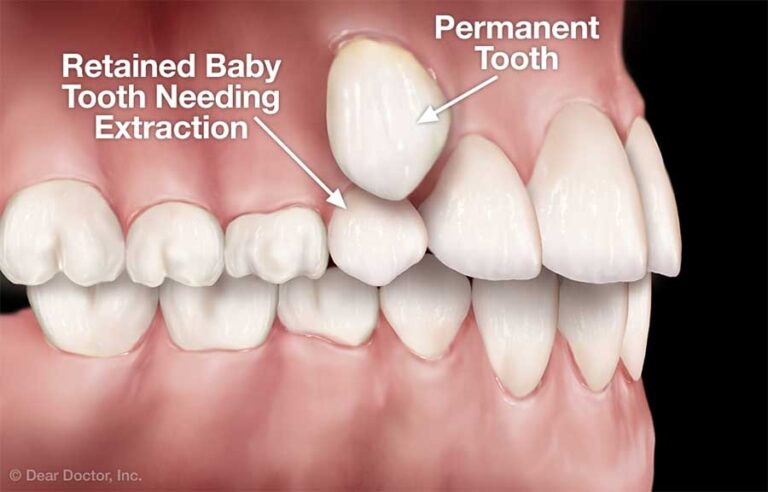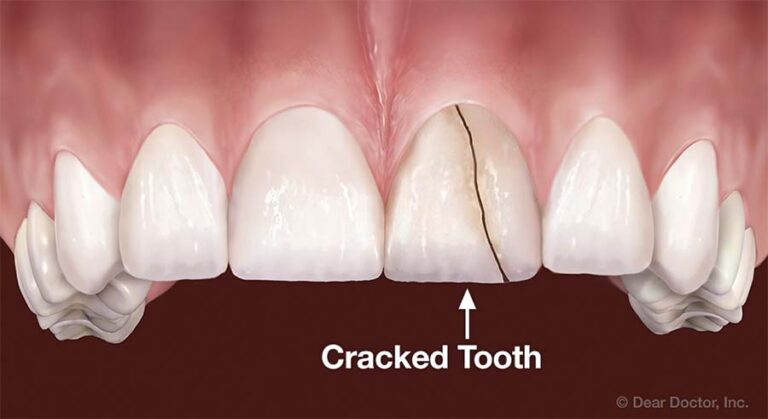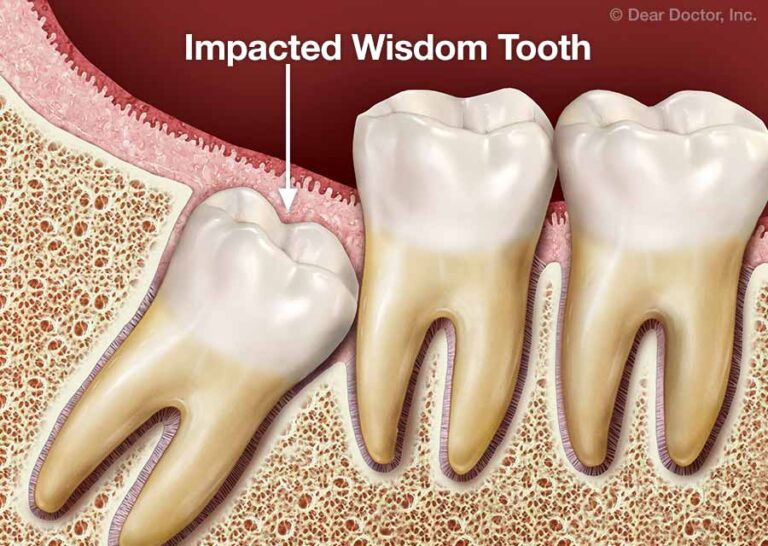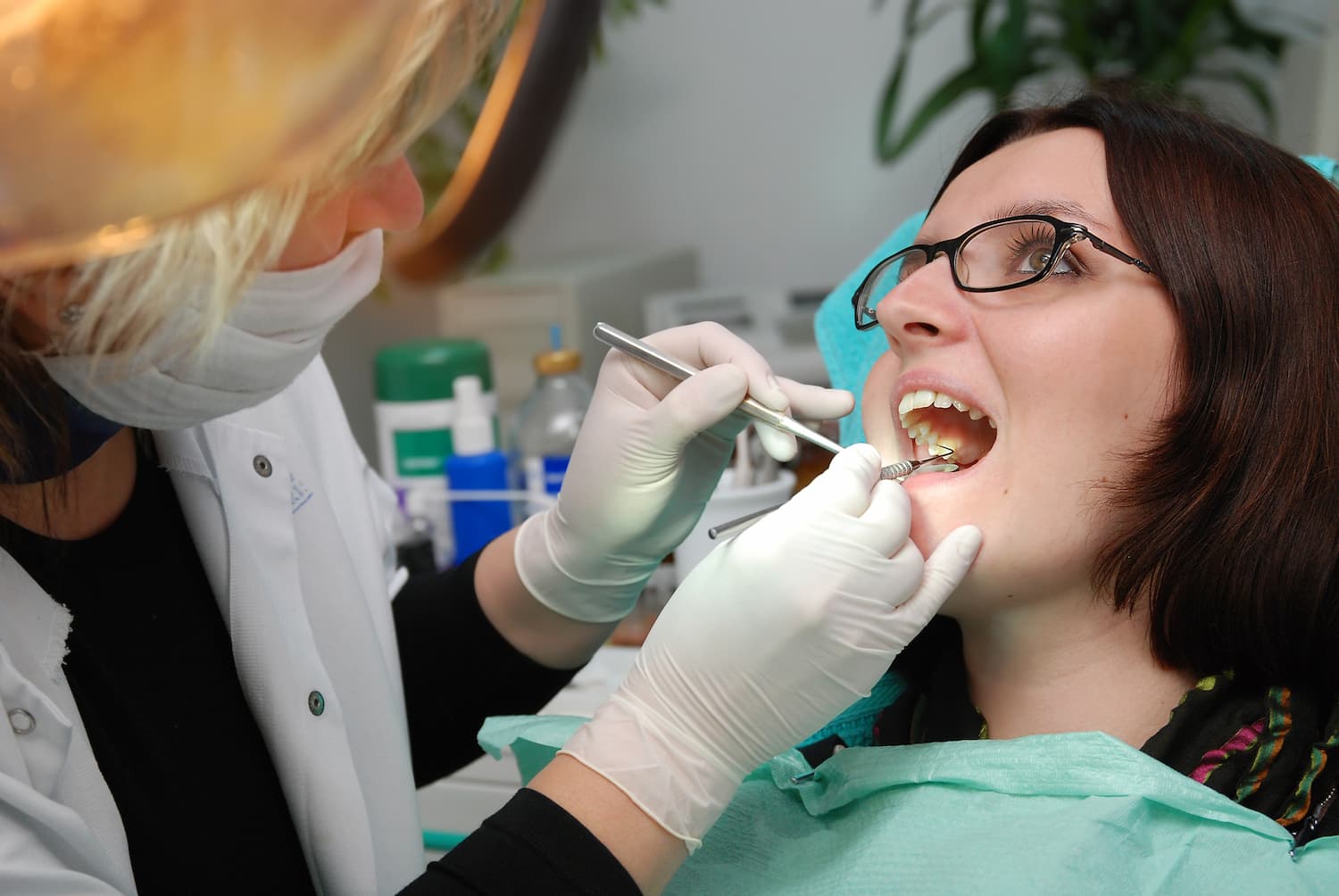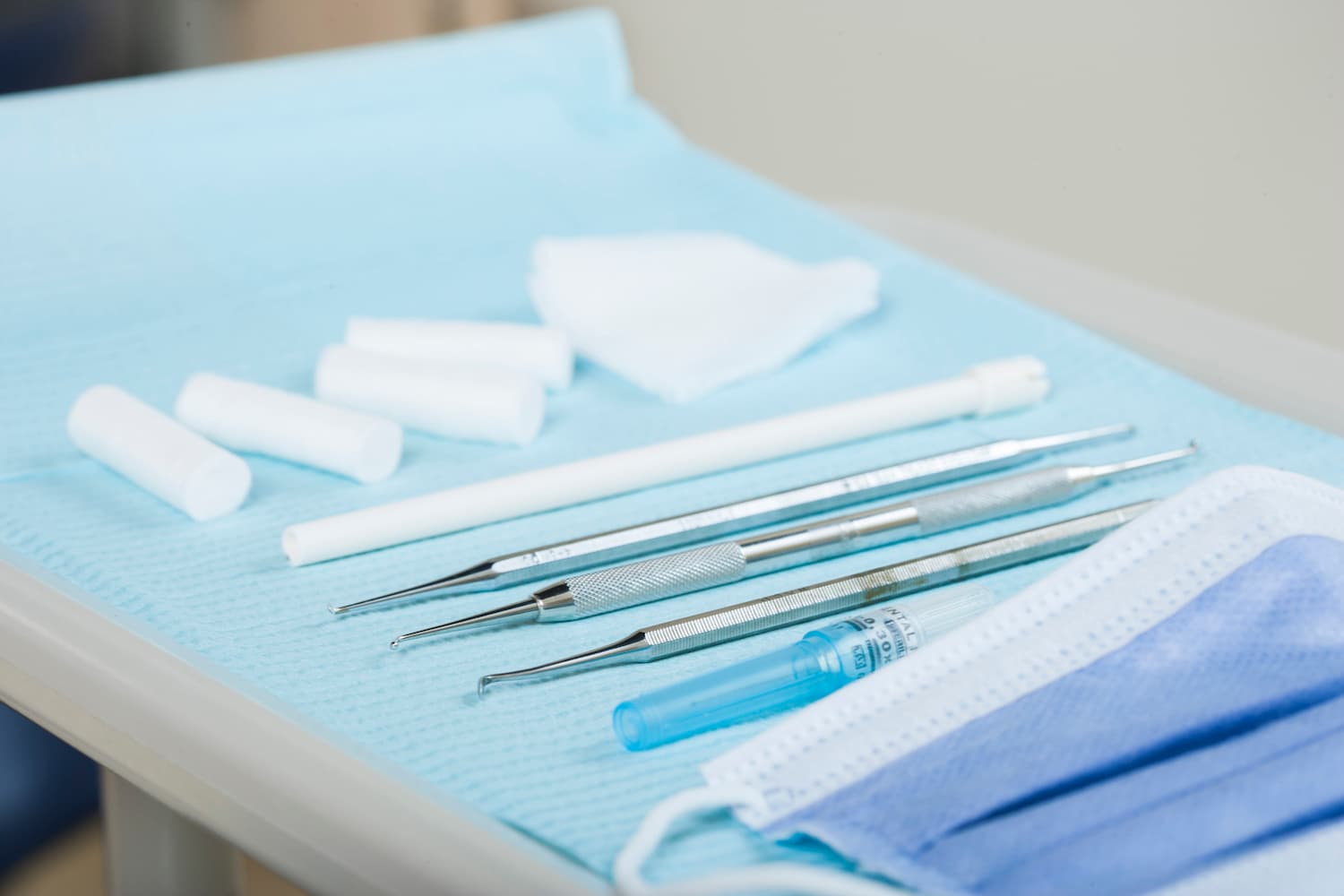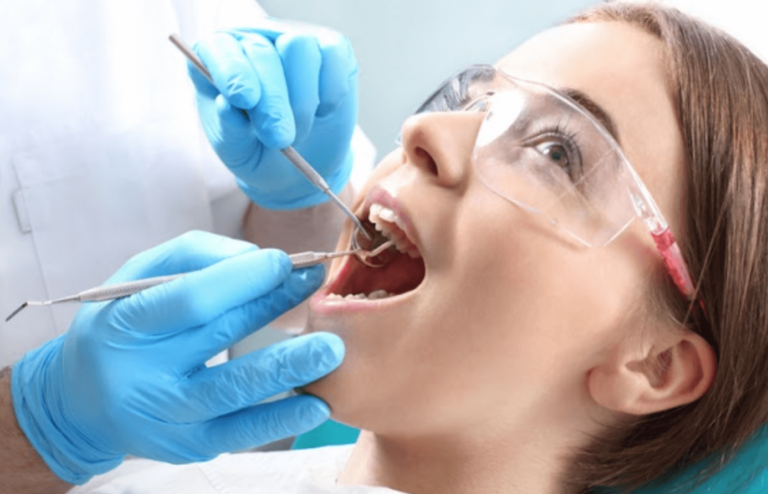Tooth extractions happen for a variety of reasons. If your dentist determines an extraction is your best treatment option, she will be sure to discuss the details and fully explain why you need the procedure.
These reasons may include:
- Damaged Tooth - Teeth can be irreparably damaged in a number of ways. You may have suffered an injury or accident to the mouth affecting the teeth. Or you may have serious or repeating tooth decay. Our dentists will always try to repair and save your existing tooth by using treatment methods such as a root canal or dental crown. However, in some cases it might be best to extract the tooth and replace it with a solid dental implant, which can look and function like your original tooth.
- Impacted Wisdom Tooth - At Canal View Dental Surgery, our dentists monitor you and your child’s teeth from your first visit as a child throughout adulthood. Through routine exams, we can keep an eye on your wisdom teeth to ensure that they are moving into your mouth as they should. However, when wisdom teeth become impacted, or don’t push through the gums properly, they can damage your healthy teeth, gums, jaw bone, and nerves. In this case, your dentist may recommend extracting the wisdom tooth before its roots are fully formed.
- Stubborn Baby Tooth - Your child’s baby teeth will usually fall out in their own time in the best order for his or her permanent teeth to come in normally. But, occasionally a baby tooth can be stubborn and will need to be extracted. Undergoing such an extraction may keep your child from needing orthodontic treatment later on.
- Overcrowded Mouth - Our dentists will extract teeth when there is just not enough room in your mouth for the teeth that are coming in, or in preparation for braces or another form of orthodontic treatment. Orthodontists often need the additional space in the mouth gained by tooth extraction for your remaining teeth to be moved and aligned in the proper way. For orthodontic treatment, the teeth that are usually removed are the first premolars, next the canines or eyeteeth.


